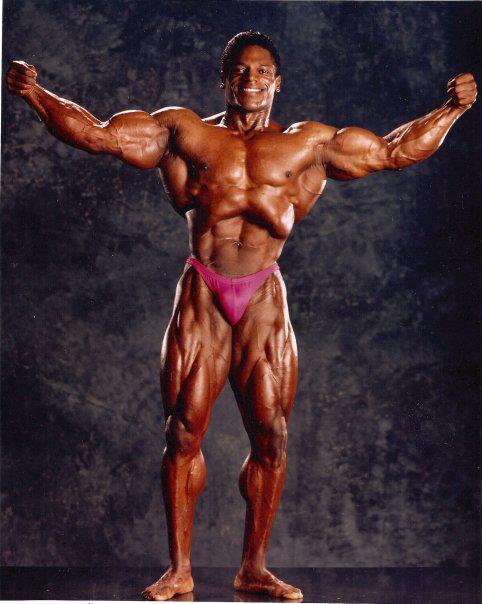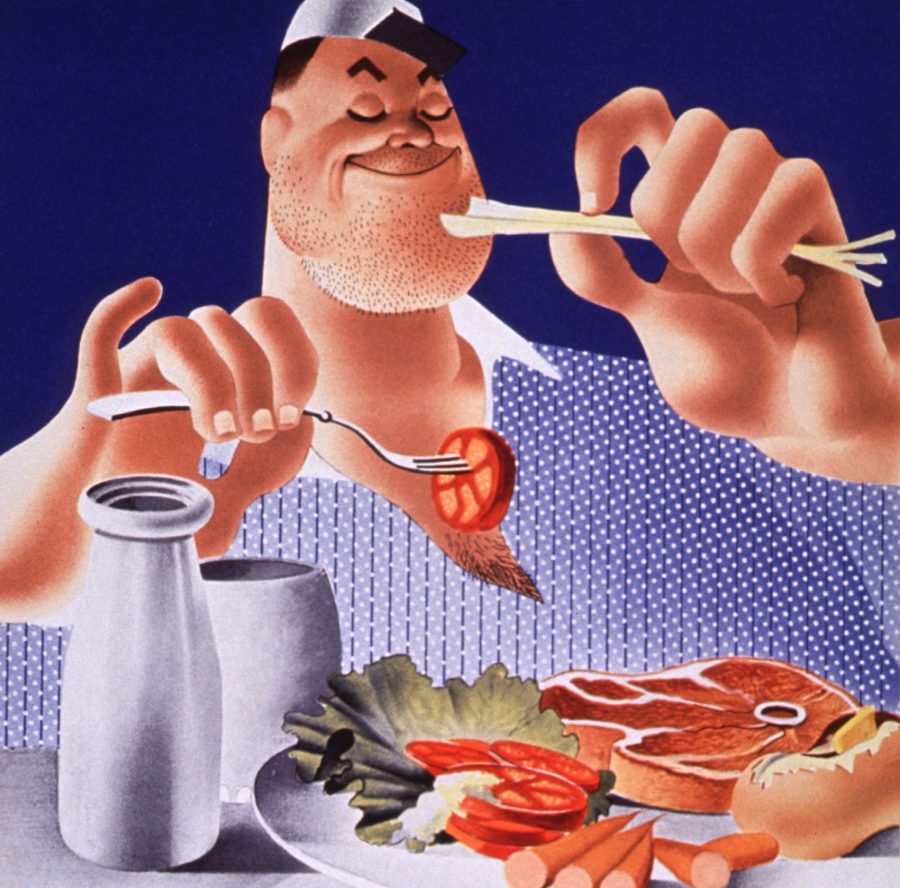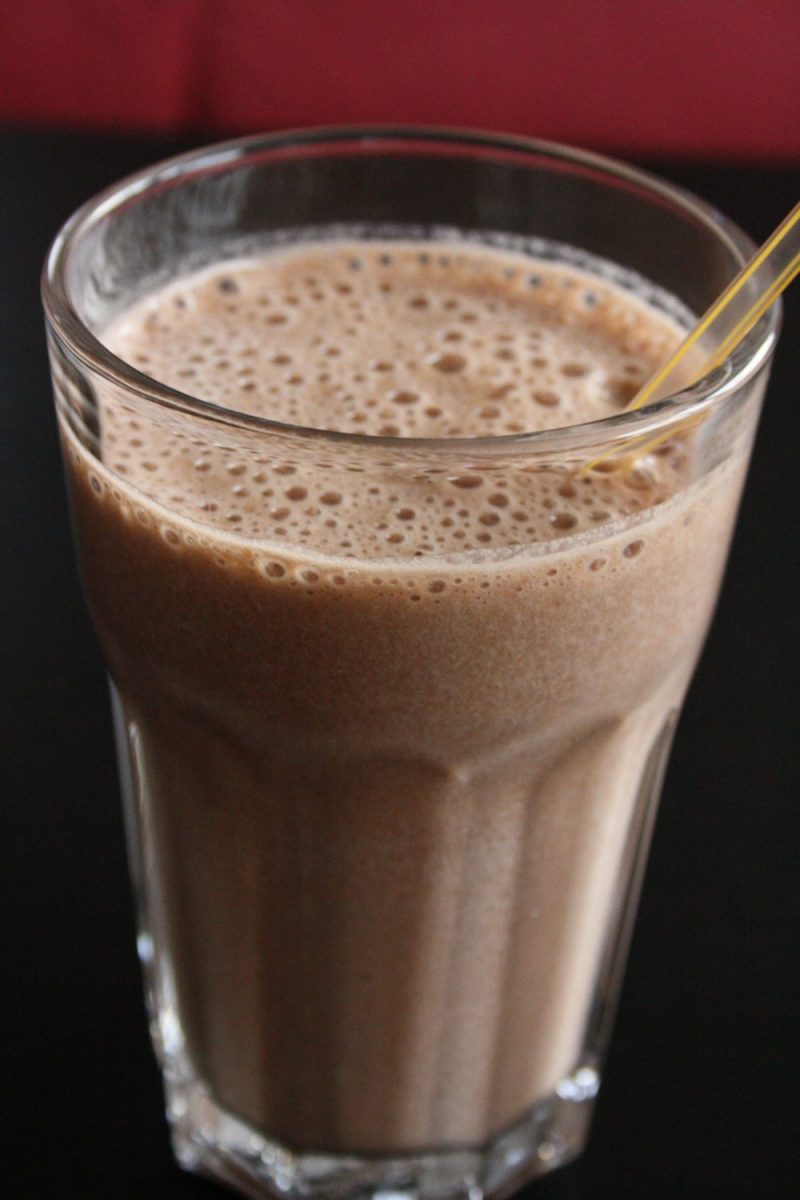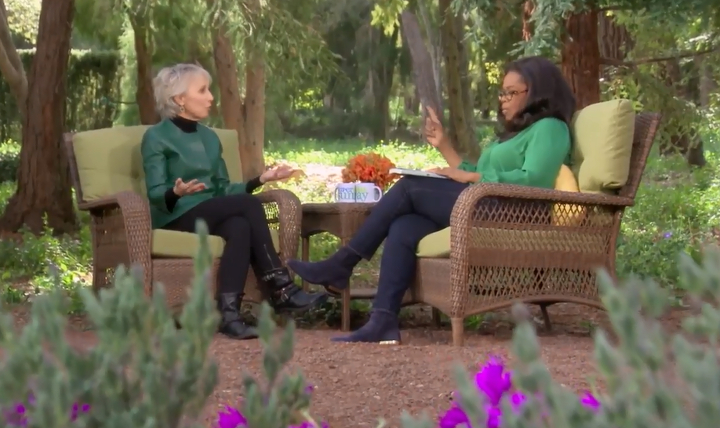Save the Planet by Eating? The Politics of Food in the Planetary Health Diet
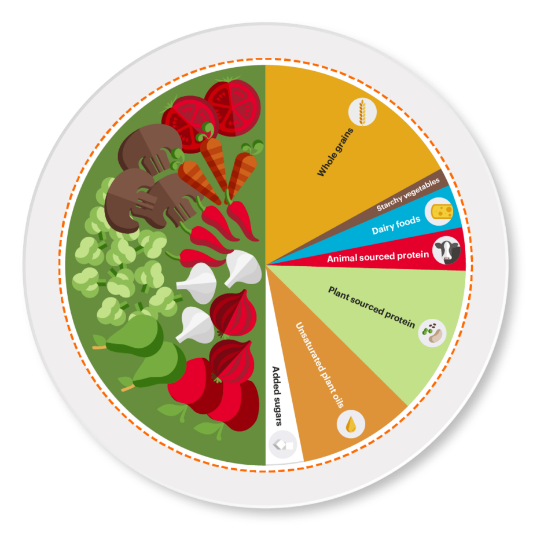
Note of the editors: This is the 100th entry in our blog. We are grateful to all of our contributors for making this possible and hope to have hundreds more entries to come. If you’d like to contribute, don’t hesitate to get in touch via proposals@nullfoodfatfitness.com. We appreciate your contribution! Save the planet by eating? In recent years, a new diet has been making the rounds among nutrition experts and the popular media, one that promises to do just that: simultaneously save the planet and human life on it by eating a diet based largely on whole grains, vegetables, dairy, fruits, legumes, and nuts, while avoiding added sugars, processed fats, red meat, and refined grains (not too many surprises here!).…
